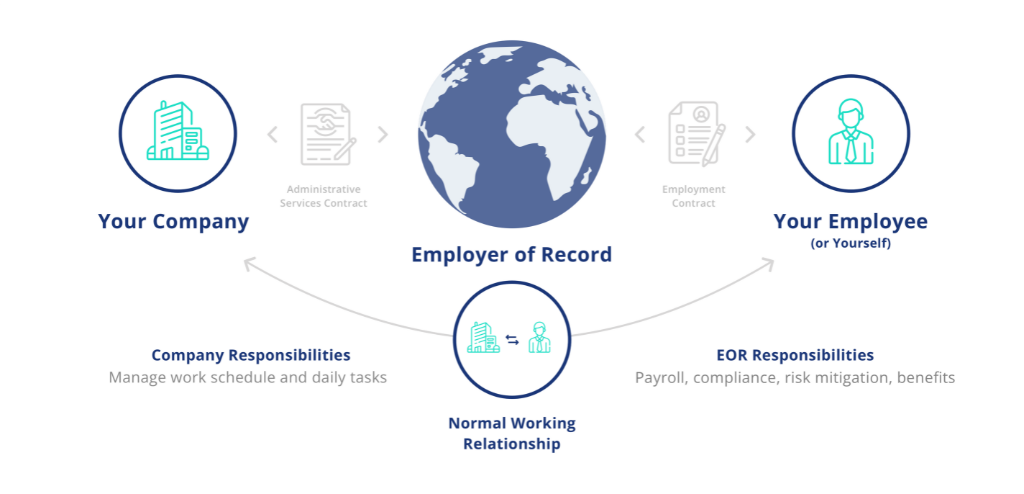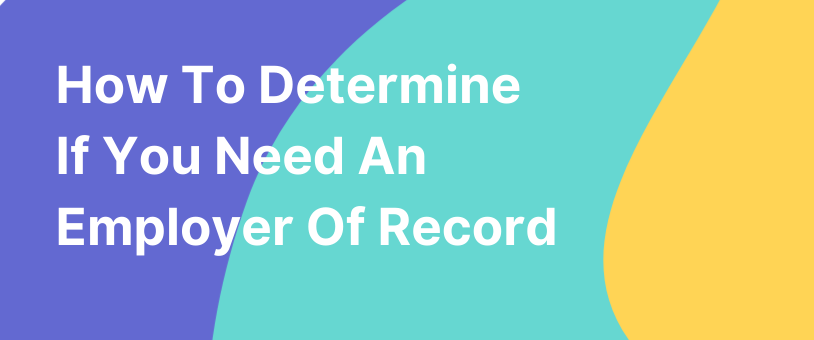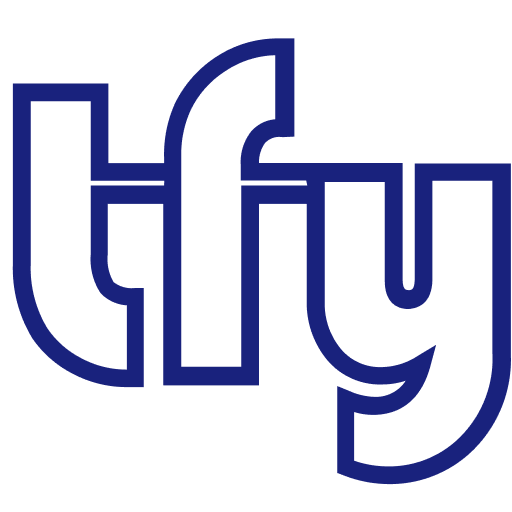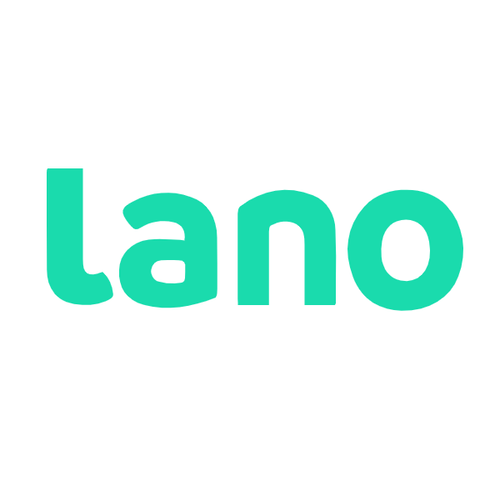You’ve just found the perfect hire to fill a role, but they live in a different country and want to work remotely. You’ve never hired someone from that country before and you don’t know all the rules and regulations on how to onboard them.
Without an employer of record (EOR), you might deal with a lengthy process of filing paperwork and trying to sort out benefits and payroll, comply with local labor laws, and ultimately could end up turning the candidate down due to all the complications.
With an employer of record, you can hire anyone, and they will handle all that for you.
Here’s how to determine if you need an employer of record
You need an employer of record (EOR) if you want to hire employees in other countries and you don’t want to deal with the legalities, visas, paperwork, labor laws, benefits, and payroll complications that come with hiring someone in a different country.
For example, hiring one employee in Argentina would require you to set up a legal entity in Argentina. You would also need to complete a myriad of paperwork and documentation before you can legally employ them. An employer of record can handle all that for you.
If you were planning on hiring a hundred workers from Argentina, it could be more cost-effective to do it all yourself.
But in today’s remote-first economy, you’re likely considering hiring people in countries all over the world. This is when an EOR provides a valuable service.
Using an EOR is an ideal solution for companies that want to be able to quickly hire and onboard remote team members.
If you have the resources to do all the international labor law stuff yourself, you can live without an EOR.
What is an employer of record?
An EOR is essentially a legal entity that employs your worker on paper. They usually have legal entities in the country you want to hire from, and on paper, they will be employed by the EOR, even though they will be working for you.

This allows you to hire quickly without worrying about all the processes and paperwork involved with hiring someone from that specific country to work remotely.
You typically have to pay a monthly fee per employee for an EOR service. In return, they handle all legal compliance, paperwork, visas, benefits, and payroll, and abide by local labor laws.
This eliminates the cost and complication of hiring abroad and allows you to focus on finding great candidates around the world.
Why do companies use an employer of record?
Most companies don’t have the resources or expertise to make global hiring work. Mistakes can be costly and get you in legal trouble.
In the past, you would have to set up a legal entity in a different country yourself. Which was only worthwhile if you were planning on hiring many roles from that country.
Partnering with an EOR that already has established entities in your chosen country is often faster and more cost-effective.
EORs also reduce the risk of misclassifying a worker. For example, if you hire someone as a contractor but their local laws state that based on their role and functions they are actually a full-time employee. You would have a painful legal problem to deal with.
Employers of record typically have in-house legal teams that know every aspect of hiring in specific countries, which helps you avoid costly legal issues.
What an EOR doesn’t do
EORs may seem similar to other HR and hiring solutions, but they are their own unique solution. An EOR is not:
- A staffing agency
- A payroll company
- Or a professional employer organization
While many EORs have solutions to help with staffing and payroll, a staffing agency, payroll provider, or outsourced HR department can’t legally represent your business entity in another country. You either have to set that up yourself or use an EOR.
What an EOR does do
Employers of record help with the following:
- Centralize management of international hiring
- Make it easy to hire contractors and remote employees
- Deliver locally compliant benefits packages
- Avoid misclassification legal issues
- Help manage termination and probation
- Help protect intellectual property (IP)
- Manage international payroll
Recommended EOR Platforms
Remote is a robust and modern platform for remote-first teams. EOR, contractor management, payroll, benefits, and more.
Oyster is an intuitive platform that allows you to hire, pay, and care for a global team in more than 180 countries. EOR, contractor management, payroll, benefits, and more.
TFY has features for applicant tracking, freelance management, payroll, and more in a single platform. The platform supports diversity hiring and Corporate Social Responsibility (CSR) initiatives.
Lano is both a B2B & B2C platform. Businesses can use it to process global payroll, hire remote talent and manage contractors, while employees and freelancers can benefit from its payslip service, invoicing app, multi-currency wallet, and more.





